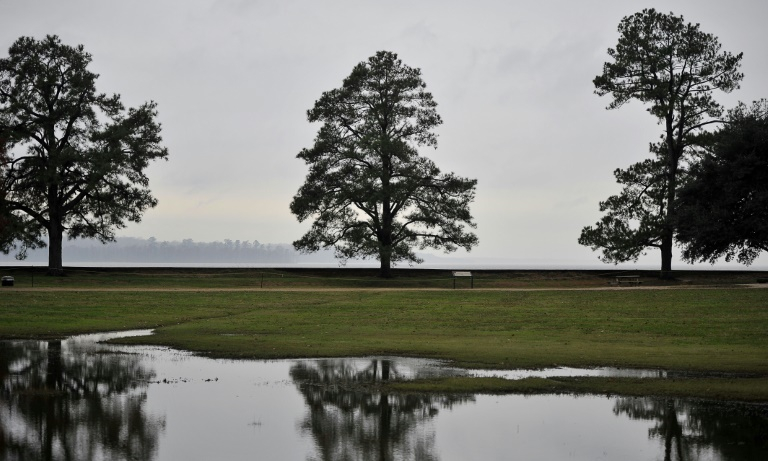Rising seas may submerge 13,000 US historical sites

Jamestown, Virginia, site of the first permanent English settlement in North America, is one of many iconic places in American history at risk from an expected sea level rise, researchers say. Image: Mladen Antonov/AFP
An expected sea level rise of just a few feet (one meter) will submerge more than 13,000 places of archeological significance in the southeastern United States, researchers said Wednesday.
Burial grounds, early settlements, and space agency launchpads are among the historical places at risk, and the impact of the changing climate will be massive, said the study in the journal PLOS ONE.
“Vast numbers of archeological sites will be lost where Native inhabitants, early settlers, and enslaved and later freed peoples once lived,” said study author David Anderson, professor at the University of Tennessee.
“Many iconic places in American history such as Charleston, Jamestown, the Kennedy Space Center, St. Augustine, and even the recently relocated Cape Hattaras Lighthouse are all threatened by comparatively minor increases in sea level, on the order of one to three meters or so,” he said in an email to AFP.
The study also pointed to more than 1,000 places listed on the National Register of Historic Places as important cultural properties that will go underwater.
Florida has the most to lose from rising seas due to global warming because it has the largest amount of coastline exposed. Other states at particularly high risk are Louisiana and Virginia.
The study projected that more than three million people in the southeast “are likely to be displaced in the next century given current projections for sea level rise.” AB
RELATED STORIES:
Scientists discover resilient ‘heart’ of Great Barrier Reef
Thousands of carob trees planted as Cyprus revives ‘black gold’
Black bears back in eastern Nevada after 80-year absence